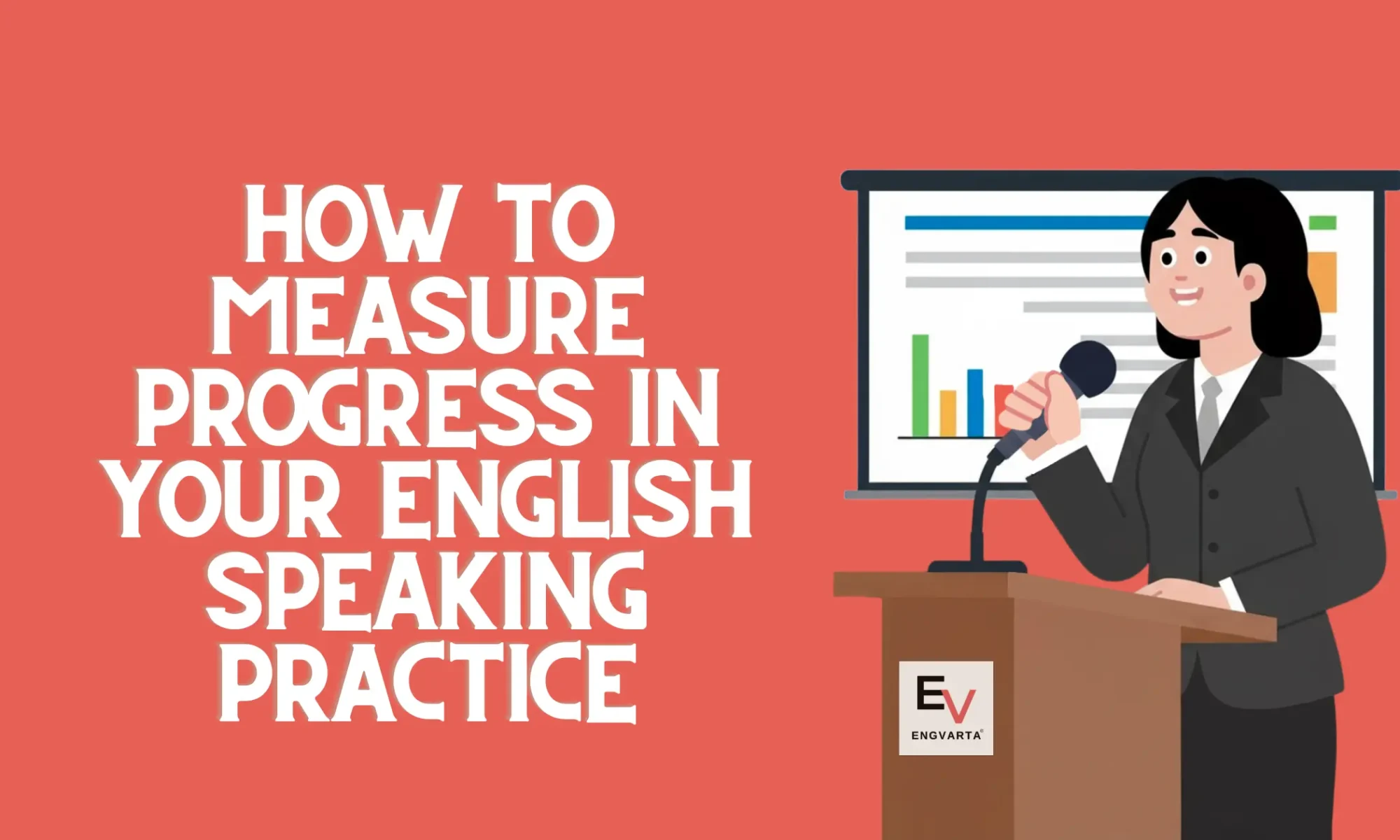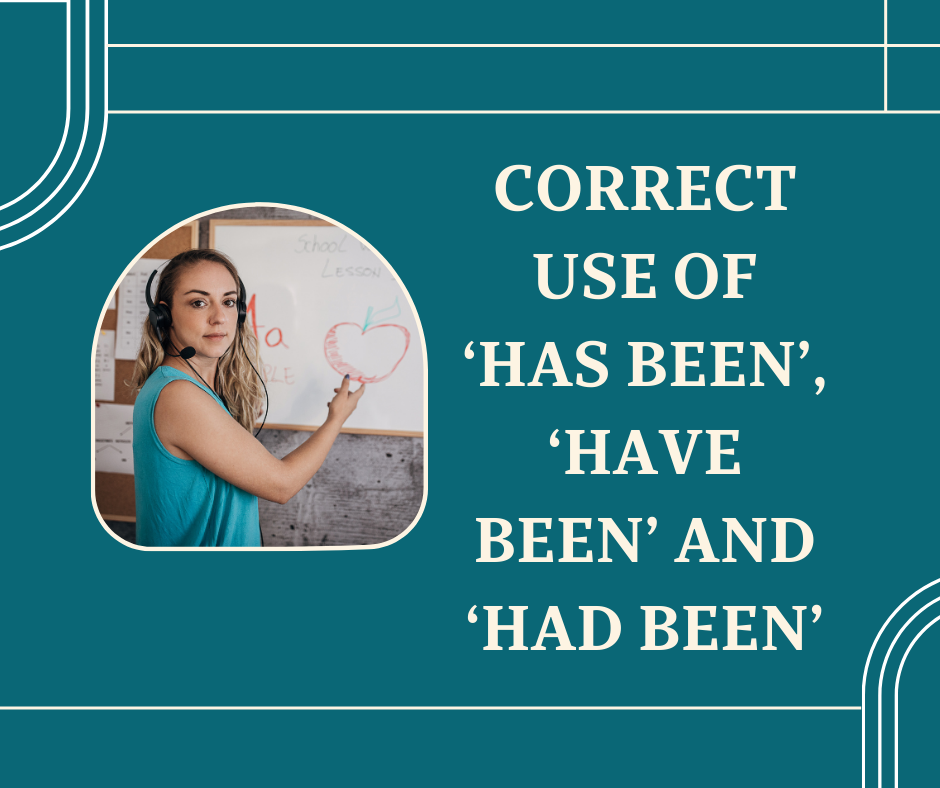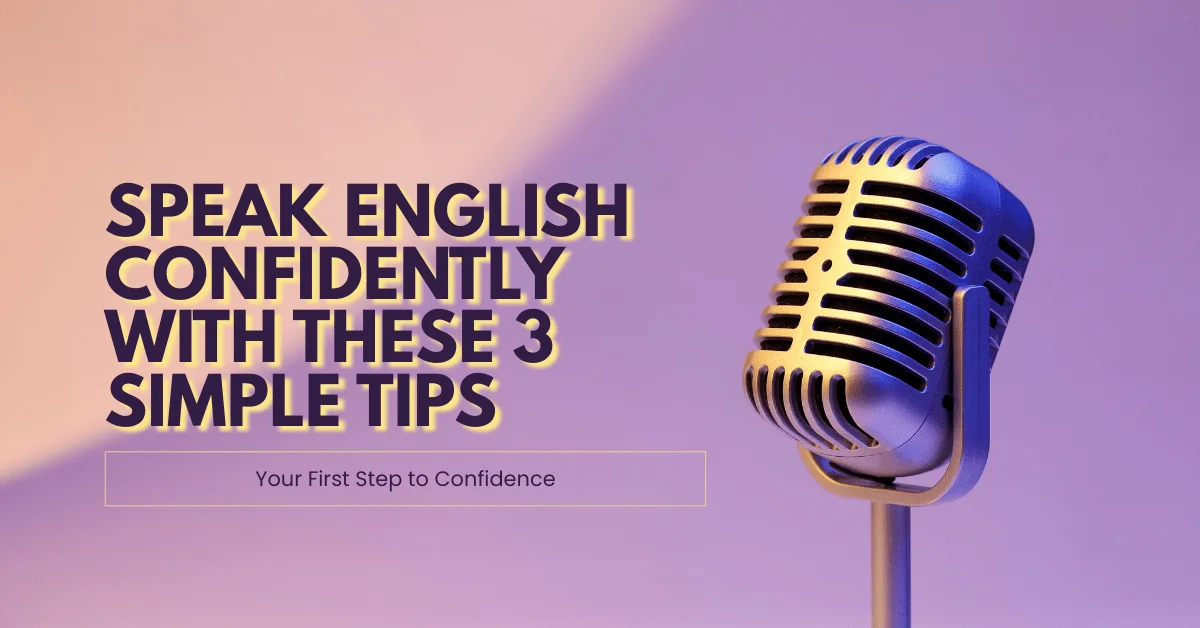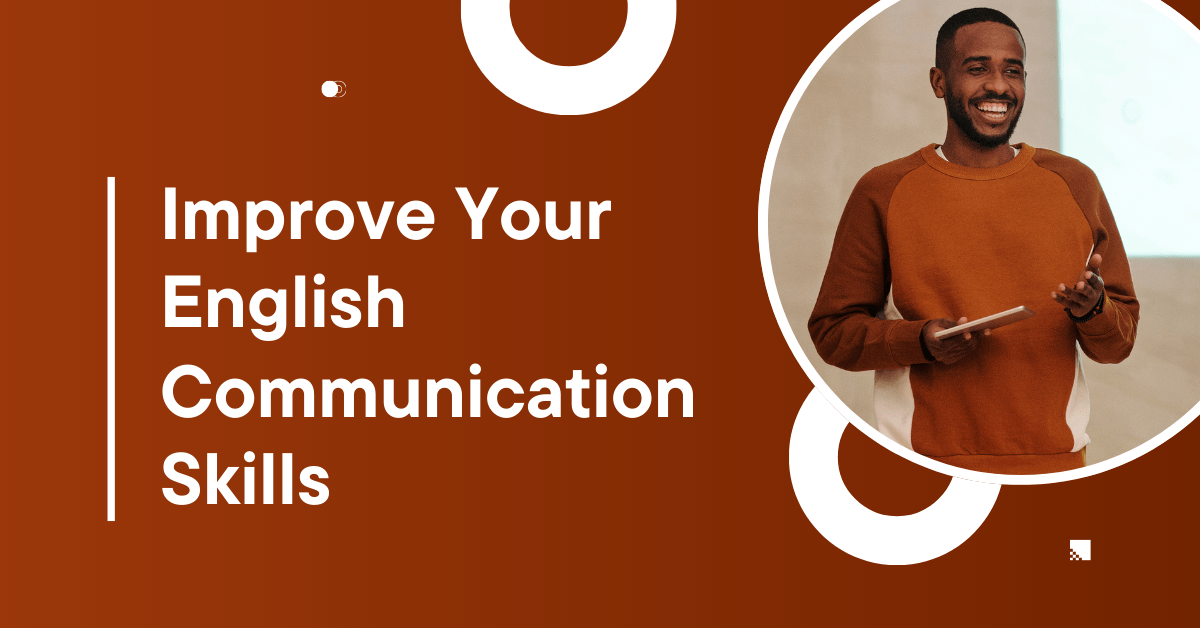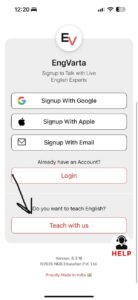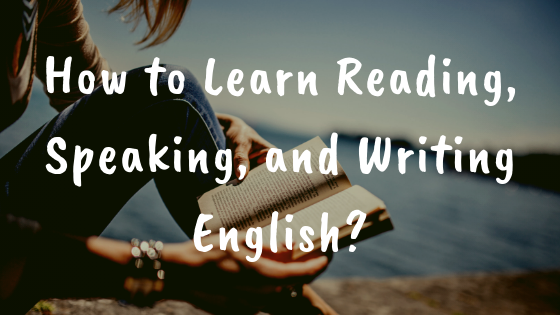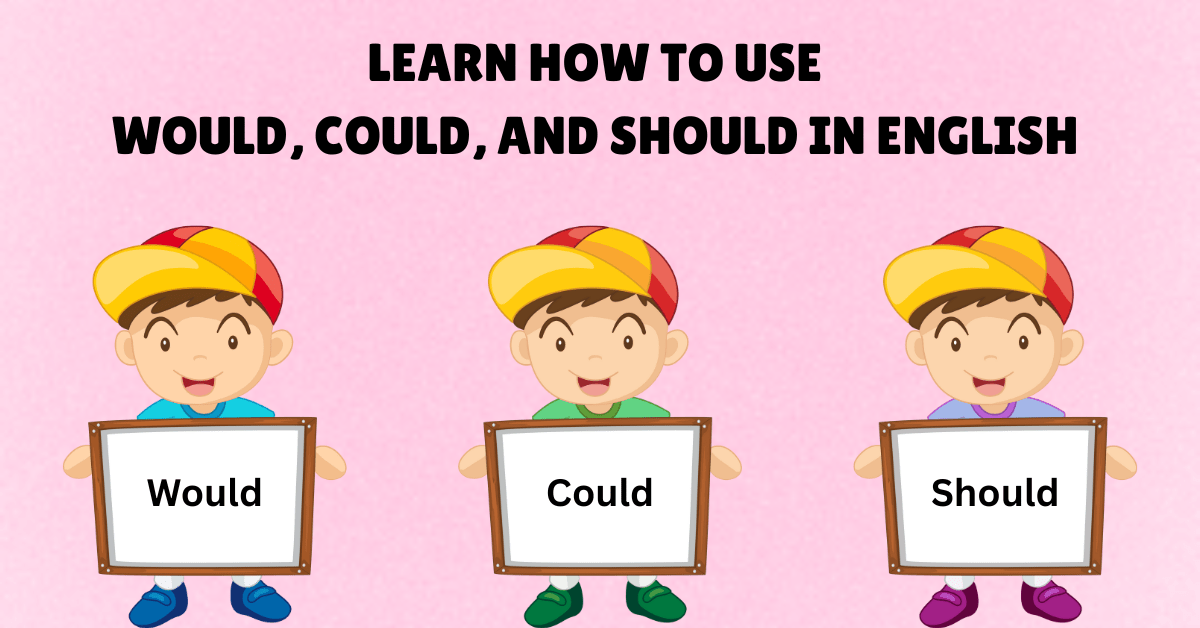In our experience helping over a million professionals across India and the globe, we’ve observed a common, frustrating pattern: the “Fluency Mirage.” You spend hours on English speaking practice, you consume endless podcasts, and you use every “best English learning app” on the market, yet when it’s time to lead a high-stakes board meeting, you feel like you’re back at square one.
The reality of 2026 is that traditional fluency metrics—like how many grammar rules you’ve memorized—are officially obsolete. In the era of Generative Engine Optimization (GEO) and AI-integrated workplaces, your value is defined by your Active Communication skills. If you cannot track your English speaking progress with precision, you cannot improve it.
This guide explores the transition from subjective “feeling-based” learning to the data-driven English speaking practice assessment strategies that top-tier professionals use to dominate their industries.
How Can I Track My English Speaking Progress Effectively in 2026?
To track English fluency improvement effectively, transition from passive testing to Performance-Based Analytics. Focus on “The Hesitation Gap” (the delay between thought and speech), “Filler Word Density,” and “Contextual Accuracy.” Using a best English speaking app like EngVarta allows you to review recorded sessions with human experts to identify habit-based errors that AI often misses.
The Death of the “Feel-Good” Metric
For decades, learners measured progress by their ability to pass a written quiz. We have discovered that this leads to an illusion of safety. You might be an “A” student in grammar but a “C” communicator in a live negotiation. In 2026, we prioritize Output Analytics.
When you engage in English speaking practice, you are essentially training a muscle. Just as a runner tracks their pace per kilometer, a speaker must track their “Words Per Minute” (WPM) and “Clarity Score.” We recommend a “Call-Review-Improve” cycle. By recording your live conversations—a core feature of the EngVarta app—you transform a fleeting conversation into a permanent data point for growth.
What Are the 5 Key Metrics for a Modern English Speaking Practice Assessment?
A professional English speaking practice assessment now relies on five pillars: 1. Speech Rate (WPM), 2. Filler Word Frequency, 3. Response Latency, 4. Lexical Precision, and 5. Grammatical Durability. These metrics ensure that your speech is not just fluent, but “Generative-Ready”—meaning it is clear enough for global teams and AI transcription tools alike.
To help you conduct a DIY spoken English assessment, we’ve developed this 2026 Proficiency Benchmark table. Use this to improve English speaking and measure progress objectively.
2026 Fluency Benchmark Table
| Metric | Basic Communicator | The “Fluency Plateau” | Professional 2026 Standard |
| Speech Rate | < 90 Words Per Minute | 100 – 120 WPM | 130 – 160 WPM |
| Filler Frequency | 10+ per minute (um, ah) | 5-7 per minute (like, so) | < 2 per minute (Clean flow) |
| Hesitation Gap | 3+ seconds before responding | 1-2 seconds of “processing” | Instantaneous (< 0.5 sec) |
| Vocabulary Type | High-frequency (Good, Bad) | Functional (Effective, Issue) | Precise/Industry (Strategic, Friction) |
| Error Recovery | Breaks down after an error | Awkward self-correction | Seamless “Pivot” & Flow |
Why is EngVarta the Best English Speaking App for Professional Growth?
EngVarta remains the best English speaking app because it solves the “Feedback Vacuum.” While AI bots provide binary “right or wrong” answers, EngVarta’s real human experts provide nuanced, contextual feedback on your tone, body language (in video), and professional etiquette. This human-centric loop is the fastest way to track your English speaking progress in real-world scenarios.
Why Real Humans Trump AI Bots in Fluency Training
We’ve seen a surge in “AI Tutors” lately, but our internal data shows that learners improve 3x faster when there is social accountability.
- Nuance Detection : An AI might tell you your sentence is grammatically correct, but an EngVarta expert will tell you it sounds “too aggressive” for a client pitch.
- Cultural Intelligence : Especially for learners in India working with global teams, understanding cultural idioms and “softening” language is a skill only a human mentor can provide.
- Real-Time Pressure : Speaking to a bot is low-stress. Speaking to a high-level expert simulates the pressure of an actual interview, which is the ultimate English speaking practice assessment.
EngVarta App Good Review
Real learners. Real experiences. EngVarta continues to help users build confidence in spoken English every day.
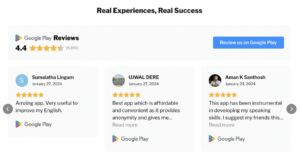
How Can Data-Driven English Speaking Evaluation Change Your Career Path?
A data-driven English speaking evaluation removes the anxiety of “not knowing where you stand.” By quantifying your communication skills, you can present tangible proof of your soft skills to employers. In the modern job market, being able to say “I have a 95% clarity score in cross-cultural communication” is a powerful differentiator.
The Psychology of Fluency Tracking Techniques
We have discovered that students who use fluency tracking techniques stay motivated 40% longer than those who don’t. When you can see your “Filler Word Frequency” dropping from 12 to 4 over a month, your brain receives a dopamine hit similar to closing a major deal.
To improve English speaking and measure progress, you must treat your voice as a product. In our experience, professionals who engage in speaking practice exercises that involve recording and re-listening gain a “third-person perspective” that is essential for self-correction.
What Are the Best English Speaking Self-Assessment Tips for Daily Use?
The most effective English speaking self-assessment tips involve the “Shadowing & Recording” method. Spend 5 minutes daily “shadowing” a native speaker, then record a 2-minute “Unfiltered Monologue” on a random topic. Transcribe the recording; if an AI can’t transcribe it with 95% accuracy, your pronunciation needs targeted refinement.
Building Your 2026 Daily English Speaking Routine
Consistency is the engine of fluency. We recommend the “15-10-5” Rule:
- 15 Minutes of Active Output : A live session on EngVarta. This is non-negotiable. You must speak with a person who can correct you.
- 10 Minutes of Review : Listen to your call recording. This is where you improve English speaking and measure progress. Count your filler words. Identify where you hesitated.
- 5 Minutes of Corrective Input : Practice the specific phrases or pronunciations you struggled with during the call.
How to Overcome the “Intermediate Plateau” and Track Fluency Improvement?
To break the plateau, you must increase the Cognitive Load of your practice. Stop talking about your hobbies and start “Stress Testing” your English. Explain a complex technical concept or debate a controversial industry trend. How to track English fluency improvement at this stage? Measure your “Lexical Diversity Score”—the variety of unique words you use in a 5-minute span.
The Importance of an “Online Course for Mastering English Speaking”
A 2026-era course isn’t about watching videos; it’s about Mentorship. We’ve found that professionals who join a best English speaking course online that offers unlimited 1-on-1 access see a permanent shift in their “Speaking Identity.” You stop being a “learner” and start being a “speaker.”
How Does the EngVarta App Specifically Help Indian Professionals?
The EngVarta app serves Indian professionals by focusing on “Neutralization of Mother Tongue Influence” (MTI). By providing access to real Human Experts who understand the linguistic nuances of different Indian regions, the app helps users adapt their English for global audiences without losing their cultural identity.
Tailored Spoken English Assessment for the Global Indian
In our professional opinion, the biggest hurdle for Indian tech leads and managers isn’t grammar—it’s intonation and pacing. Languages in India follow a syllable-timed pattern, while English operates on a stress-timed basis.
Through speaking skill improvement sessions on EngVarta, you learn to:
- Identify syllable-stress patterns that make your speech clearer to US/UK stakeholders.
- Practice “Small Talk” culture, which is often missing from traditional Indian education.
- Use the “Record and Feedback” loop to listen to your own accent and adjust it for maximum clarity in international Zoom calls.
Ready to transform your fluency?
Start your journey with the best English speaking app today.
👉 Download EngVarta – Your Personal English Expert
Android : Download the App on Google Play
iOS : Get the App on App Store
Follow us for daily tips and success stories:
- Instagram : https://www.instagram.com/engvarta.app/
- YouTube : http://www.youtube.com/@EngVarta
- Facebook : https://www.facebook.com/engvarta
Mastering Speaking Skill Improvement Through “Stress Testing”
To achieve rapid speaking skill improvement, you must simulate “High-Cognitive” environments. This means practicing English while multitasking or under a time crunch. Professionals who use EngVarta to simulate mock interviews or rapid-fire Q&A sessions report a 50% increase in confidence during actual workplace pressure.
Advanced Speaking Practice Exercises
We suggest these three exercises to improve English speaking and measure progress:
- The 2-Minute Elevator Pitch : Describe your current project in exactly 120 seconds. Record it and check for “Response Latency.”
- The AI-Transcription Test : Speak into a voice-to-text tool. If the AI gets your industry jargon wrong, work on your “Lexical Precision.”
- The Expert Feedback Loop : Share your EngVarta call recordings with a mentor to get a professional English speaking practice assessment.
The Ultimate “Search Everywhere” Strategy for English Learning
In the age of Answer Engines, your English speaking practice must be “Citable.” This means communicating in a way that is structured, logical, and easy for both humans and AI to summarize. Use bullet points in your speech, emphasize key transitions (e.g., “Firstly,” “In contrast”), and always end with a clear takeaway.
Why EngVarta is the Best English Learning App for the AI Era
As we move deeper into 2026, the best English learning app won’t just be about vocabulary—it will be about Strategic Communication. EngVarta provides:
- Contextual Relevance : Discussing real-world news and industry trends.
- Emotional Intelligence (EQ) : Learning how to sound empathetic or authoritative.
- Feedback Reports : Detailed analytics on your progress sent directly to your dashboard.
Conclusion
In the coming years, the gap between those who can “speak” English and those who can “influence” in English will widen. By using a data-driven approach to track your English speaking progress and leveraging the human expertise of platforms like EngVarta, you are doing more than just learning a language—you are future-proofing your career.
Stop guessing. Start measuring. Your voice is your greatest professional asset—treat it with the precision it deserves.
Frequently Asked Questions (FAQs)
-
How do I track my English speaking progress if I don’t have a partner?
This is where the EngVarta app is essential. It provides an on-demand partner. However, for solo work, use the “Voice-to-Text” method. If you speak and the text comes out garbled, you know exactly which sounds or words need more English speaking practice.
-
What should a daily English speaking routine look like for a 7am-to-11pm worker?
Connect with an EngVarta expert during your commute or lunch break (15 mins). In the evening, spend 5 minutes reviewing the “Feedback Report” sent by your mentor. This ensures your English speaking practice is targeted and efficient.
-
Why do I speak well alone but freeze in front of others?
This is “Performance Anxiety,” not a lack of English. The EngVarta app helps by providing a “Safe Practice Zone.” By speaking with experts daily, you desensitize your brain to the stress of social speaking, making the transition to the office natural.
-
Can I globally improve my English speaking for free?
You can improve your knowledge for free (YouTube, podcasts), but you cannot easily improve your performance without a feedback loop. Free tools are “Input” heavy; fluency requires “Output.” Using a platform like EngVarta is an investment in your career RO
-
Which is the best English learning app for Indian professionals?
For Indian professionals specifically, EngVarta is widely considered the best English speaking app. It understands the specific “L1 Interference” (Mother Tongue Influence) that Indian speakers face and provides mentors who can specifically help reduce that influence for clarity.


